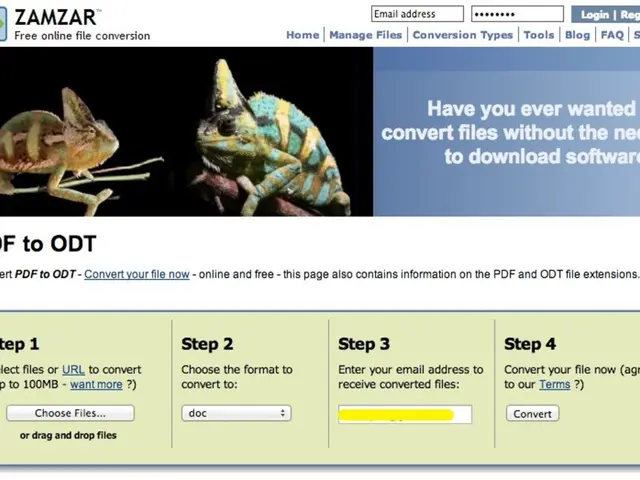Top 5 Arguments Against Leaving a Trail in the Digital World
In the digital age, our online presence, or digital footprint, can have a significant impact on our lives. This footprint can be intentional, such as sharing content on social media or filling out online forms, or unintentional, collected without our knowledge, like our location, IP address, and device type.
One of the dangers of a digital footprint is digital exposure, which allows people to easily access your data. This can lead to material losses and identity theft. To mitigate this risk, here are some key actionable steps:
- Delete old or unused accounts such as social media, email, and shopping profiles to reduce the amount of personal information online.
- Clear cookies and browsing data regularly to prevent websites from tracking your activity through stored cookies.
- Adjust social media privacy settings to restrict who can see your profile and posts, limiting exposure to friends and family only if desired.
- Limit app permissions to only what is necessary and disable location services when not needed, reducing data sharing from mobile devices and computers.
- Switch to encrypted messaging apps like Signal and use secure email providers such as Proton Mail or Tutanota to protect your communications with end-to-end encryption.
- Use anonymous payment methods, such as cash for in-person or cryptocurrencies for online transactions, to avoid linking purchases directly to your identity.
- Employ privacy tools including VPNs to encrypt your internet traffic and private search engines that do not store user data, thereby obscuring your browsing habits from trackers and advertisers.
- Consider using temporary or burner email addresses for signing up to less trusted services to avoid exposing your primary email.
- Use data removal services, such as Privacy Bee, which actively delete your information from data brokers and provide ongoing protection against data re-listing and dark web exposure.
In addition, it's important to be mindful of the information obtained from your digital footprint, as it can be used against you. For example, companies may use a candidate's social media accounts or internet behaviour as part of the hiring process, which can be harmful if not managed properly. Similarly, carelessness with your digital footprint can increase the risk of phishing attacks, where perpetrators can obtain sensitive information left on the internet.
Lastly, it's worth noting that reputation and defamation risks are also associated with a digital footprint. Therefore, it's essential to be cautious about the information you share online and consider using VPN services to help minimize cybersecurity risks when connecting devices to the internet.
By consistently applying these strategies, you can significantly reduce your online visibility and control over your personal information, moving towards a more secure and private digital life. Absolute anonymity is difficult, but these methods substantially enhance privacy and security.
Read also:
- Budget cuts at federal and state levels jeopardize advancements in fighting HIV and AIDS within Dallas County
- Strategies for Maintaining and Boosting Physical Activity as You Grow Older
- Understanding Prediabetes: A Precursory Condition to Diabetes
- Strategies for Strengthening a Nigerian Infant's Immune System








